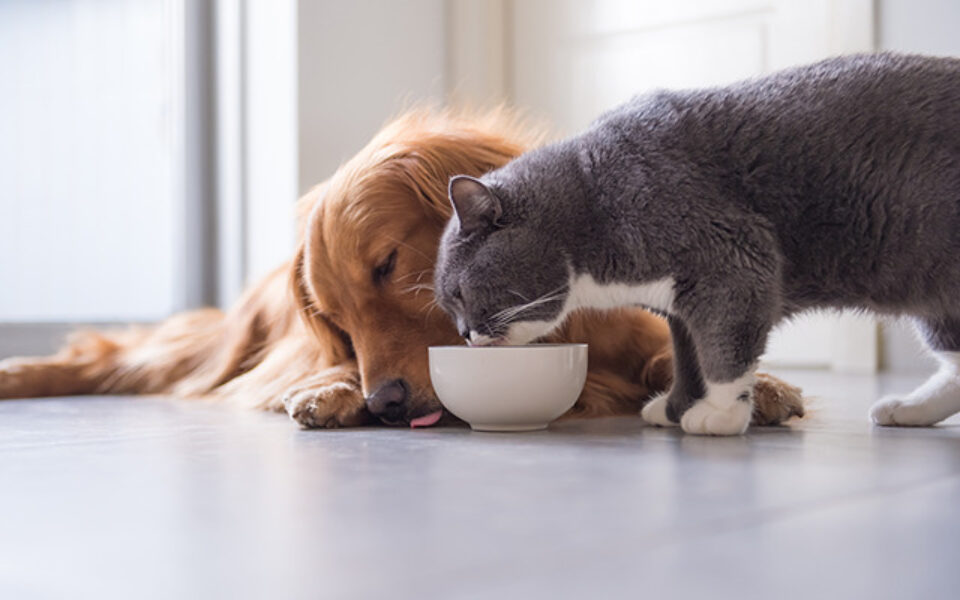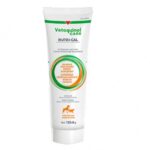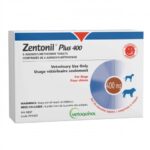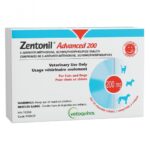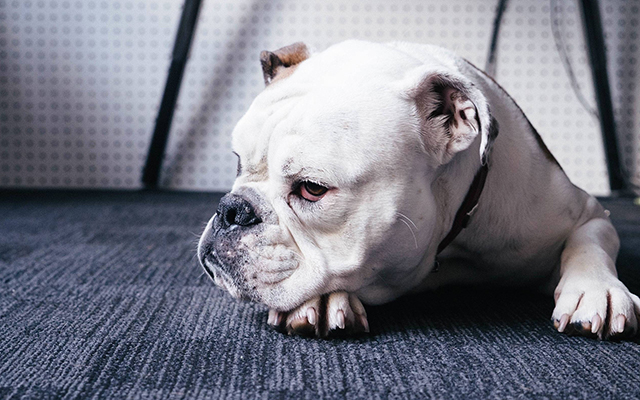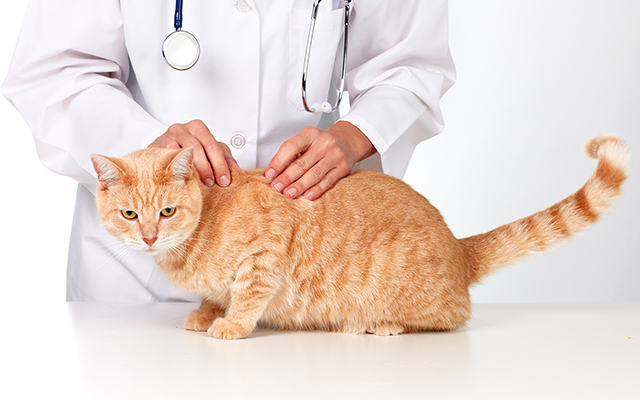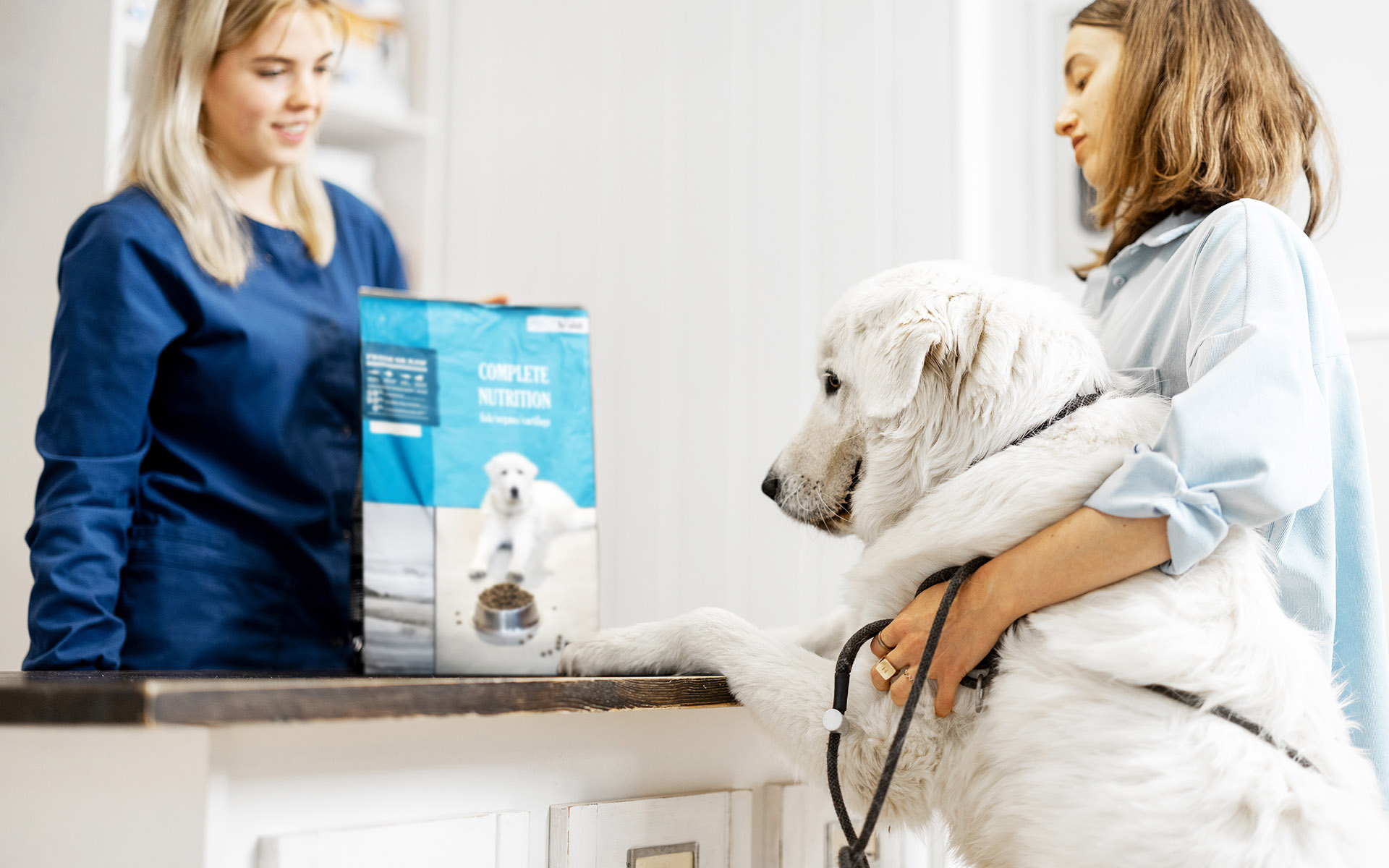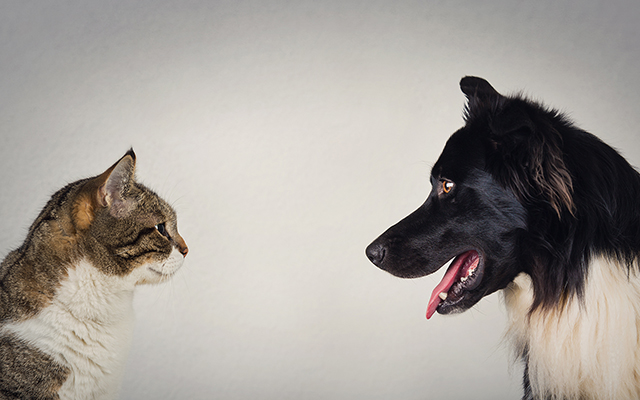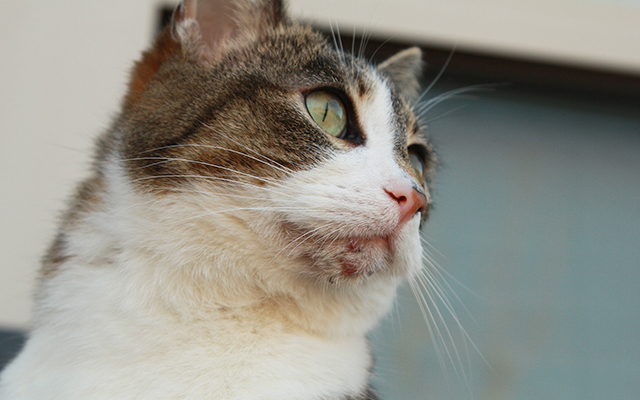Parasites, cars and aggressive animals are not the only hazards your pet may be facing—many everyday household items are highly toxic to cats and dogs. Here are a few you should be mindful of inside and outside your home.
Your pet ate something bad: what do you do?
If you suspect your pet ingested a toxic substance, immediately call your veterinary clinic or the nearest veterinary hospital and follow their instructions.
1- Human medication
Over-the-counter medication makes up more than 17% of calls made to the ASPCA Animal Poison Control Center in 2021[1]. These include ibuprofen, acetaminophen, naproxen, cold medication, vitamins, and herbal supplements. Prescription medication follows closely, including those used to manage ADHD, depression, and heart conditions. Pets should never be given human medicine unless specifically prescribed by a veterinarian. Avoid leaving such products on the counter or in a purse. Instead, store them in a cabinet or cupboard outside your pet’s reach—including visitors’.
2- Food products
Common kitchen ingredients and tasty foods can be deadly to pets, making up 14% of ASPCA Animal Poison Control Center calls in 20211. Protein bars and shakes, xylitol (a sugar substitute often found in gum and desserts), onions, garlic, grapes, raisins, chocolate, and raw meat are the most common. Don’t leave food unsupervised when pets are around, don’t allow visitors to feed your pets table scraps, and do thorough research before giving your furry friend a special snack.
3- Flowers and plants
While beautiful, plenty of indoor potted plants as well as flowers commonly found in gardens and arrangements can be highly toxic to pets if ingested or chewed on. Some of these include azalea, daffodils, lilies, oleanders, and tulips, which should be avoided in households with pets. The ASPCA provides a detailed breakdown of toxic and non-toxic plants for dogs and cats.
4- Household toxins
Cleaning products and paint in containers may seem secure, but pets may lap up spills. Products with a sweet smell or taste, such as antifreeze, can be highly appealing to them. Store such products away from reach and clean up any mess as soon as it occurs.
5- Veterinary products
Just like humans can overdose on medication or even natural supplements, pets can become very ill if they ingest too much of a veterinary product or one not designed for their species. Chewable medicines—such as supplements used for joint health or managing anxiety —are often flavoured to be more palatable and may be mistaken as treats. Safely store veterinary products as you would human medication, well out of reach.
6- Insecticide, pesticide, and rodenticide
Products designed to kill rodents, ants and other bugs often have an enticing smell or sweet taste… but may quickly lead to internal bleeding, brain swelling, tremors, seizures and even death in pets. Don’t use rat bait in a pet household; hire a pest control service. Follow the instructions on bug sprays before use, which usually require you to keep your cat or dog outside for several hours after application.
7- Gardening products
Pets who spend time in the yard may be exposed to harmful products used on lawns, gardens, and flower beds. Some fertilizers may cause pancreatitis or a blockage, while mulch and slug and snail baits may contain toxic chemicals.

